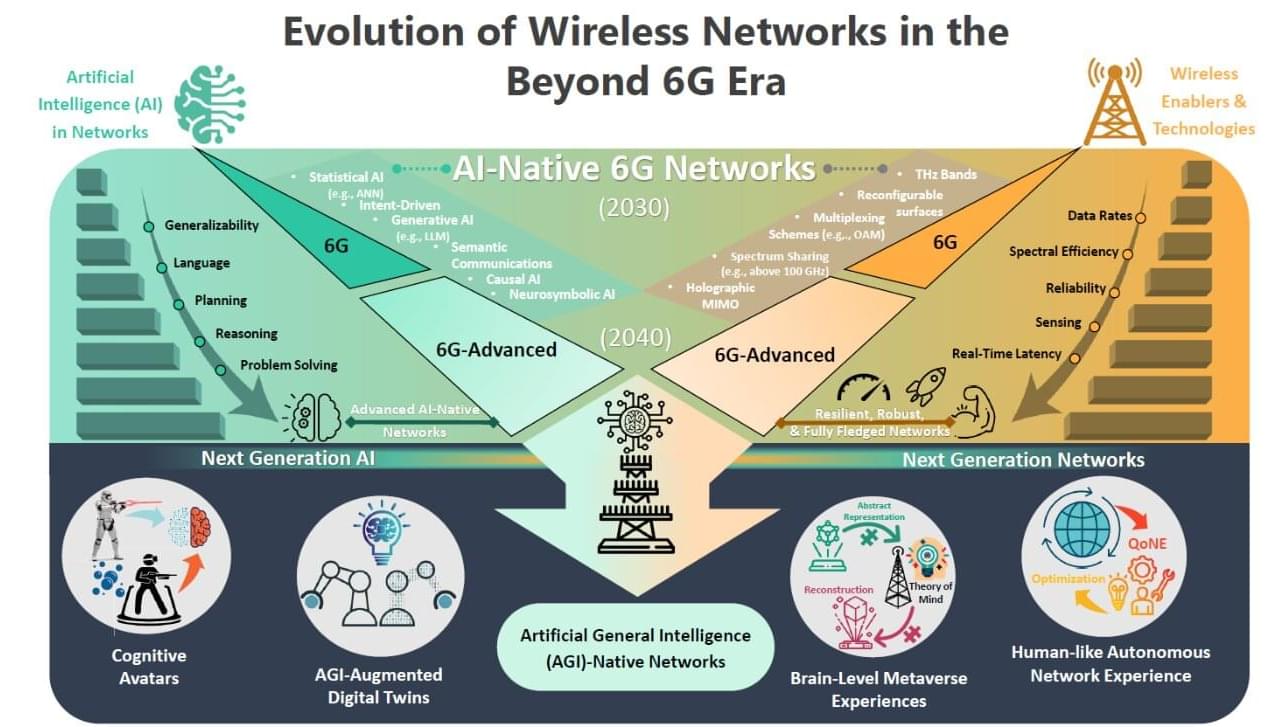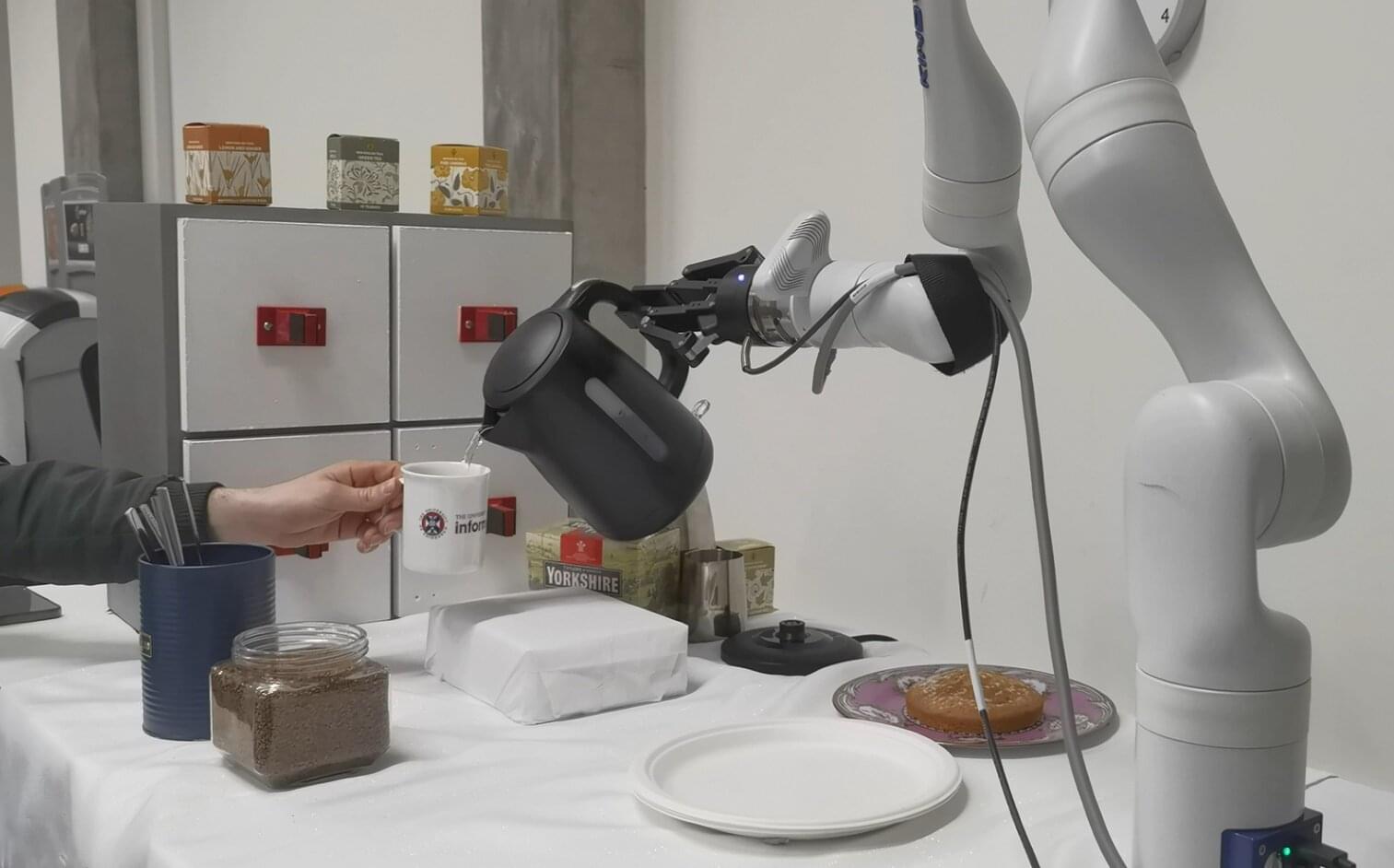📣Just announced at [#GTC25](https://www.facebook.com/hashtag/gtc25?__eep__=6&__cft__[0]=AZXGE68SvdjQyRxtqhq57u6xDScMuziTjPrrOj7ic9_n1QMWssMuQdAZ4MLZmg3kpo3u92u-w_Z12HEaFeSJnvxJ_h_dNAloE8I86x4WxG8730kGwR10dtKo0yYVmS4GQdeMF0xu2E5mpp8VTUcHoNIO&__tn__=*NK-R): NVIDIA will be open-sourcing cuOpt, an AI-powered decision optimization engine.
➡️ [ https://nvda.ws/43REYuW](https://nvda.ws/43REYuW open-sourcing this powerful solver, developers can harness real-time optimization at an unprecedented scale for free.
The best-known AI applications are all about predictions — whether forecasting weather or generating the next word in a sentence. But prediction is only half the challenge. The real power comes from acting on information in real time.
That’s where cuOpt comes in.
CuOpt dynamically evaluates billions of variables — inventory levels, factory output, shipping delays, fuel costs, risk factors and regulations — and delivers the best move in near real time.
Unlike traditional optimization methods that navigate solution spaces sequentially or with limited parallelism, cuOpt taps into GPU acceleration to evaluate millions of possibilities simultaneously — finding optimal solutions exponentially faster for specific instances.
It doesn’t replace existing techniques — it enhances them. By working alongside traditional solvers, cuOpt rapidly identifies high-quality solutions, helping CPU-based models discard bad paths faster.








